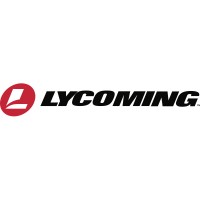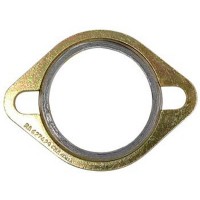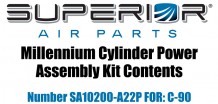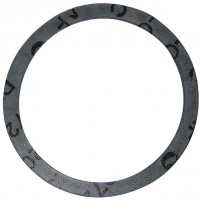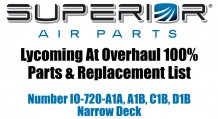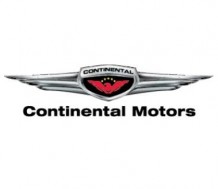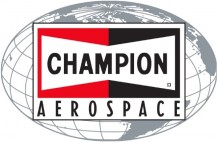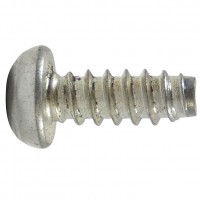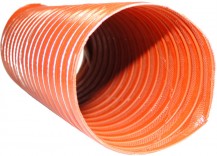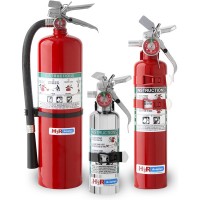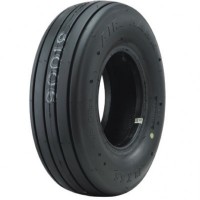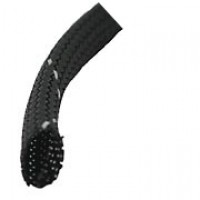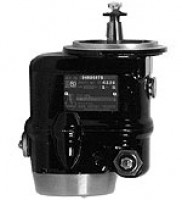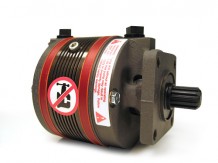FREE SHIPPING ON ORDERS OVER $350 (SOME EXCLUSIONS APPLY) | 877-4-SPRUCE
Lockheed P-38 Lightning
$225.95/Each
Part# 13-10560
MFR Model# AP38BT
MFR Model# AP38BT
Overview
|
The Lockheed P-38 Lightning was an American fighter aircraft used by the US Air Force during the World War II. Developed to a United States Army Air Corps requirement, the P-38 had distinctive twin booms and a single, central nacelle containing the pilot and armament. The aircraft was used in a number of different roles, including dive bombing, level bombing, ground strafing, photo reconnaissance missions, and extensively as a long-range escort fighter when equipped with droppable fuel tanks under its wings. Designed by Engineer Clarence “Kelly” Johnson, the P-38 Lightning flew for the first time on January 27 1939. The P-38J was the fastest variant of the entire Lightning series--420 mph at 26,500 feet. Maximum speed at 5000 feet was 369 mph, 390 mph at 15,000 feet. Range was 475 miles at 339 mph at 25,000 feet, 800 miles at 285 mph at 10,000 feet, and 1175 miles at 195 mph at 10,000 feet. Maximum range was 2260 miles at 186 mph at 10,000 feet with two 250 Imp gall drop tanks. An altitude of 5000 feet could be attained in 2 minutes, 15,000 feet in 5 minutes, 10,000 feet in 7 minutes. Service ceiling was 44,000 feet. Weights were 12,780 lbs empty, 17,500 lbs normal loaded, 21,600 lbs maximum. Wingspan was 52 feet 0 inches, length was 37 feet 10 inches, and height was 9 feet 10 inches. Wing area was 327.5 square feet. Armament consisted of one 20-mm Hispano M2(C) cannon with 150 rounds plus four 0.50-inch Colt-Browning MG 53-2 machine guns with 500 rounds per gun. In addition two 500, 1000, or 1600-lb bombs or ten five-inch rockets could be carried on underwing racks. |
WARNING: Cancer and Reproductive Harm - www.P65Warnings.ca.gov. |
Q&A
Please note, Aircraft Spruce's personnel are not certified aircraft mechanics and can only provide general support and ideas, which should not be relied upon or implemented in lieu of consulting an A&P or other qualified technician. Aircraft Spruce assumes no responsibility or liability for any issue or problem which may arise from any repair, modification or other work done from this knowledge base. Any product eligibility information provided here is based on general application guides and we recommend always referring to your specific aircraft parts manual, the parts manufacturer or consulting with a qualified mechanic.


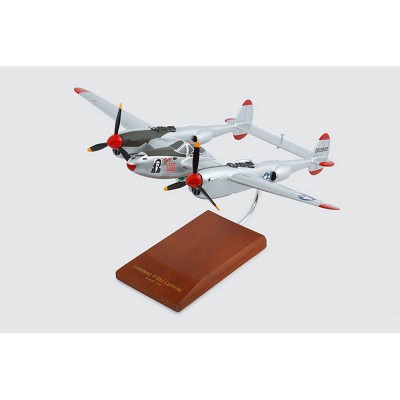





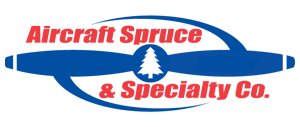 FREE Shipping
FREE Shipping
